6 Simple Ways To Identify Real Pearls
Pearl is one of the most popular and widely used precious stones in jewellery. Though technically pearl is not a mineral unlike other gemstones, it’s still included in this category due to the nature of its usage. While other gemstones require much work in cutting and polishing, pearls don’t need any such work and can be set as is in jewellery. Due to the versatility of shapes and sizes, an attractive lustre and ease of use, pearls are one of the most popular gemstones used in antique and modern jewellery.
Pearl is a hard glistening object produced within the soft tissue of animals like oysters and are primarily composed of calcium carbonate in minute crystalline form deposited in concentric layers. Though the common shape of a pearl in jewellery is round, there are many other shapes found in the wild. Much like snowflakes or fingerprints, natural pearls are unique and hence no two pearls are the same.
Pearling or the occupation of diving to extract natural pearls was common across the world with many popular spots including in India. To address the increased demand for pearls and reduce the risk associated with pearling, cultivation of pearls in cultured farms started in the 19th century. With the advent of pearl farming, there are very few natural pearling spots left and pearls are now increasingly produced in farms. The method followed in the pearl farms is similar to the natural process and depending on the region and the type of animal used for the culture, the quality and properties of the pearl can vary.
With the ever-increasing demand for pearls, it’s also not uncommon to find fake or imitation pearls produced from cheaper materials through artificial techniques to be used in cheap jewellery. This article will help you differentiate the real pearls produced through a natural process from fake pearls using some simple techniques at home.

1. Shape
- Natural pearls, while often round will most likely not be perfectly spherical. This is because the natural process does not make the surface smooth and the shape perfect.
- A fake pearl manufactured through modern machinery are often perfectly round.
- However, a real pearl that’s close to perfection in its shape commands the highest value.
2. Texture
- Natural pearls invariably have an uneven and grainy surface. Perfectly smooth natural pearls are extremely rare and can quickly help you to identify a potential fake one.- You can also perform this test by gently rubbing the pearls against each other. Due to the uneven surface on the natural pearl, you should feel slight friction whereas fake pearls having a smooth surface would glide against each other.
- Another fun way to test a natural pearl through texture is to roll it on a flat surface. A fake pearl would roll in a smooth straight line, but a real one would not roll straight due to its uneven surface.
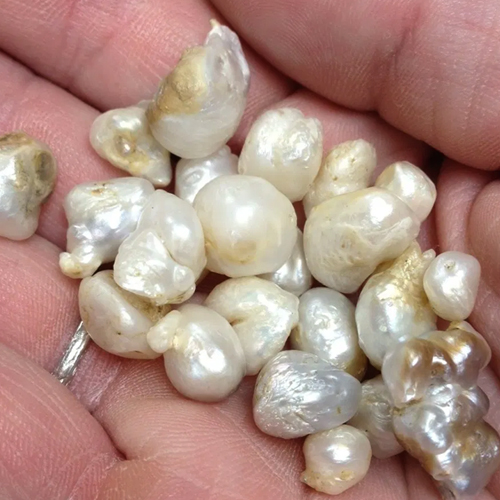
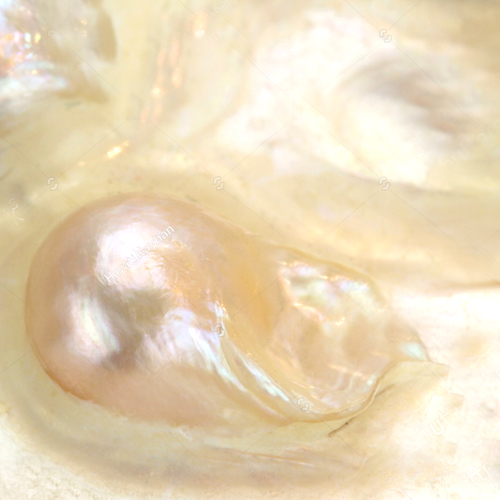
3. Colour and Lustre
- Good quality pearls reflect a subtle colour under light. These colour overtones can vary widely with pink and ivory being the most preferred overtones commanding a good price. Fake pearls usually do not have this overtone effect.- Good quality pearls should have a bright, clear lustre. This makes them shine when they come in contact with light. Best quality pearls can actually reflect your image when you look closely.
- However, this test is not entirely reliable as the difference between a low-quality real pearl and a fake pearl in terms of lustre is minimal and hence tough to spot for amateurs.
4. Weight
- Plastic is the most commonly used material in fake pearls. This makes the fake pearls lighter than real ones.- You can do a simple test to check a fake pearl alongside a real one by carefully bouncing the 2 similar sized pearls from one hand. The heavier real pearl will tend to bounce lesser than the fake one.
- This test can also be unreliable at times as judging the weight of a small pearl can be very tricky. Hence it’s better to corroborate this test with other test results.
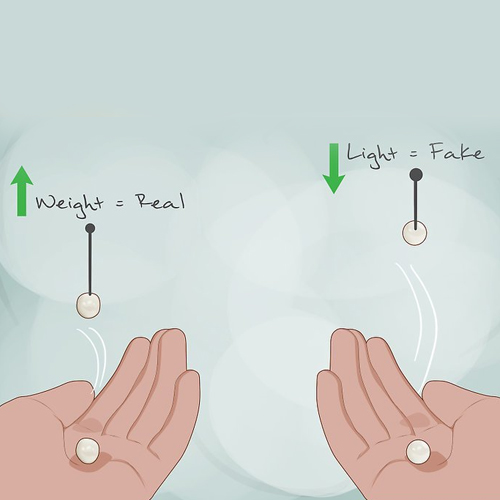
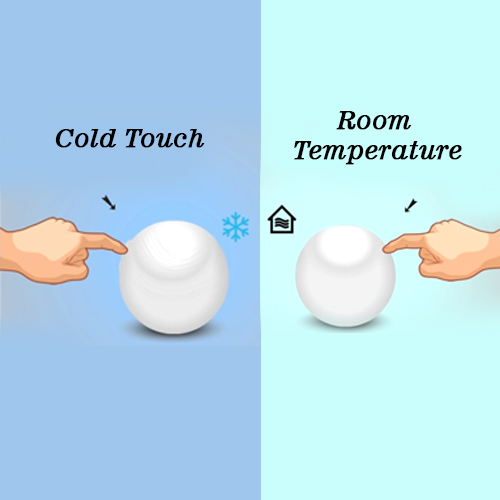
5. Temperature
- Real pearls tend to have a slightly cooler temperature than fake ones. You can use this feature to perform a test to identify fake pearls- Take pearls that you have not been wearing and hold them in your palm. Now observe the temperature of the pearls carefully. Real pearl should feel cooler for some time before it warms up from your body heat whereas a fake one will be at room temperature to start with and warm up more quickly
- There’s one risk with this test though. Some fake pearls are made with glass and these pearls imitate the temperature quality much closer to the real pearls
6. Reaction to flame
- Real pearls are quite resistant to an open flame and will remain shiny and intact after exposure to a naked flame. There should not be any odour as the pearl doesn’t get burnt.- A fake pearl usually made of plastic can melt or burn with an odour with exposure to an open flame. Even a short exposure to a flame will remove the lustre from fake pearls.
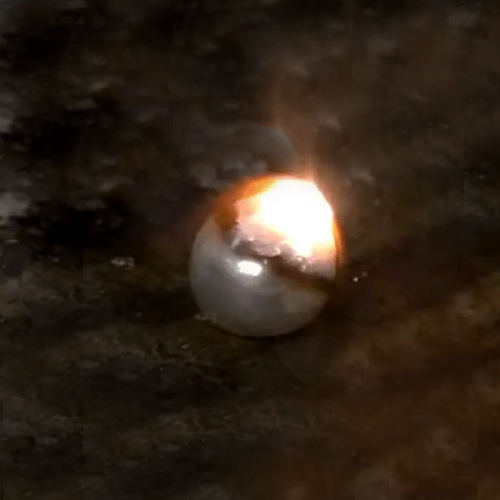
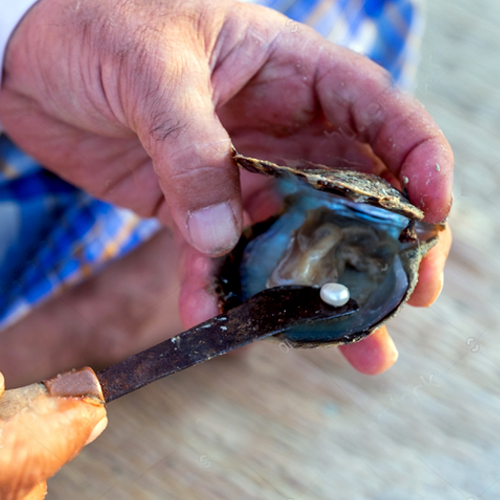
These are some simple home tests that you can perform to ascertain the quality of the pearl that you already have or plan to buy from any non-certified source.
Alternately, you can buy genuine pearls and pearl-sets from a certified retailer so you can be assured of its quality.
Also, you can place an order with Ketan Diamonds for a customised pearl set of your choice, you can provide us your preferred design along with pearls and we will get your wish fulfilled.

